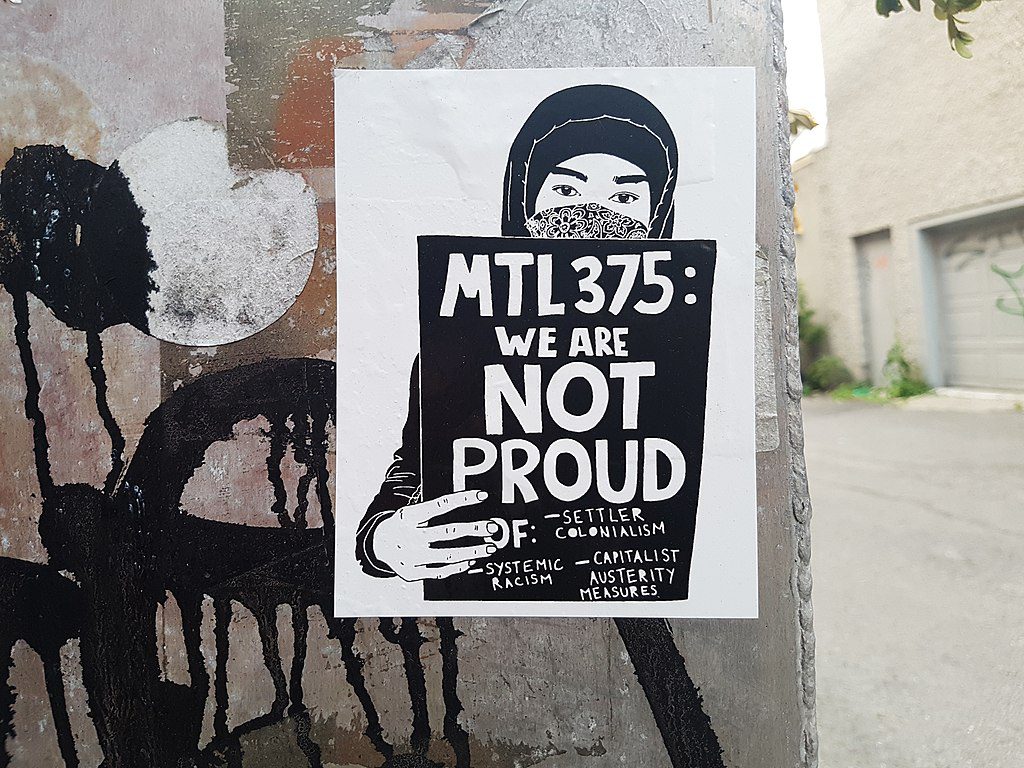Hey, Ho, Multiculturalism Has Got to Go

The negative effects of “multiculturalism” are evident everywhere, Mary Eberstadt writes. “‘Comparative literature’ often no longer means reading literature, but subjecting oneself to cryptic and endlessly self-referential ‘interpretations’ of ‘texts.’ The metastasizing ‘Studies’ majors—Women, Latino, Fat, Gender, Queer & Co.—are neither major, nor about real study. ‘Trigger-happy’ has acquired a whole new meaning. Of course there were, and still are, safe spaces in the course catalogue for aficionados of the humanities. But the long march of multiculturalism has plenty of victories to show.” “What has gone largely unexamined,” she continues, “is another question: whether ‘multiculturalism’ ever made sense on its own terms.” Stanley Kurtz’s The Lost History of Western Civilization argues it hasn’t:
Today’s riven politics, argues Kurtz, were shaped decisively by the divisions and outcome of the famous curricular battle that took place at Stanford University in 1987. Led by Jesse Jackson, hundreds of students marched in protest against the core requirement in Western Culture, chanting, ‘Hey, hey, ho, ho, Western Civ has got to go!’ What appeared back then to be a struggle over updating reading lists in the name of ‘diversity’ turned out instead to be a decisive confrontation in the culture wars: one that pitted traditional American conceptions of history and citizenship against ‘the new multicultural way.’ Under the latter’s influence, the Great Books came to be dismissed as one form or another of neocolonial subterfuge; the ideas of nation, culture, and civilization were dismissed as similarly suspect; and the grievance coalition spearheaded during the Stanford fight by Jackson would go on to spread these toxins not only on campuses, but throughout the left wing of the Democratic Party and beyond, including into the Rabelaisian excesses known today as ‘cancel culture.’
But why? As Kurtz documents in clinical detail, the new animus toward the canon depended on the notion that the thing called ‘Western civilization’ was no longstanding ‘thick’ concept (as the social scientists say), but instead a ‘thin’ modern invention of American militarism—created during World War I, it was proposed, as a way of tempting U.S. soldiers to fight and die in the European theater. This theory originated with University of New Brunswick historian Gilbert Allardyce, whose contentions in a 1982 essay about ‘The Rise and Fall of the Western Civilization Course’ became essential for multiculturalists. Allardyce argued that courses in Western civilization as such—which proliferated on campuses after World War I until the Vietnam war—originated in the War Issues Course of the World War I Student Army Training Corps. In other words, the very idea of shared civilizational kinship between the United States and the Continent was born in perfidious militarism. So ubiquitous has the Allardyce theory become among multiculturalists during the past several decades that its provenance has gone almost entirely unquestioned—until Kurtz. ‘The conviction that Western Civilization is merely an “invented tradition” is an awesome and venerable idol in the temple of deconstructionist history,’ he observes. ‘That idol is ripe for smashing.’
In other news: Is it time to abolish nursing homes? Sara Luterman argues it is: “Nursing homes allow for an economy of scale. Feeding, washing, and otherwise seeing to the needs of elderly and disabled residents all at once is more efficient than addressing those needs on an individual basis. But this efficiency comes at the expense of human dignity. Ari Ne’eman, a senior research associate at the Harvard Law School Project on Disability, points out, ‘From Grandpa Simpson to Junior Soprano, popular culture constantly acknowledges our society’s worst-kept secret: Nursing homes are awful places to live. Unfortunately, we’ve set up our health care and human services systems to send vast numbers of seniors and people with disabilities there anyway.’ That leaves us with a few basic questions: Why do nursing homes exist? How have they so thoroughly embedded themselves in the American life cycle? And what can we do instead?”
Spend a night in the last Blockbuster on Earth: “According to a posting on Airbnb, the world’s last Blockbuster is currently up for rent in Bend, Oregon, starting August 17th. Three nights are available for up to four people at $4 per pop. ‘As the last standing location in the world, our Blockbuster store is an ode to movie magic, simpler times and the sense of community that could once be found in Blockbuster locations around the world,’ writes host Sandi Harding.”
August is usually slow in the book publishing business, and September, busy. This September it’s going to be crazy: “From Richard Osman’s first crime novel to Caitlin Moran’s new memoir, almost 600 hardbacks are due to be published on 3 September in a ‘massive bun fight’ of new titles, as books delayed over the summer due to Covid-19 finally make it on to shelves.”
Choirs can begin singing indoors again in Berlin “under very strict and precise regulation.”
In praise of the ghazal: “Ghazal poetry is an intimate and relatively short lyric form of verse from the Middle East and South Asia. The form thrives in such languages as Arabic, Persian, Urdu, and now English. Like the Western ode, these poems are often addressed to a love object. Influenced by ecstatic Sufi Islam, the ghazal’s subject matter concerns desire for another person and, figuratively, love for the Divine.”
How much do you know about Philip Larkin? Take the quiz.
Photo: Trebinje
Receive Prufrock in your inbox every weekday morning. Subscribe here.
Comments